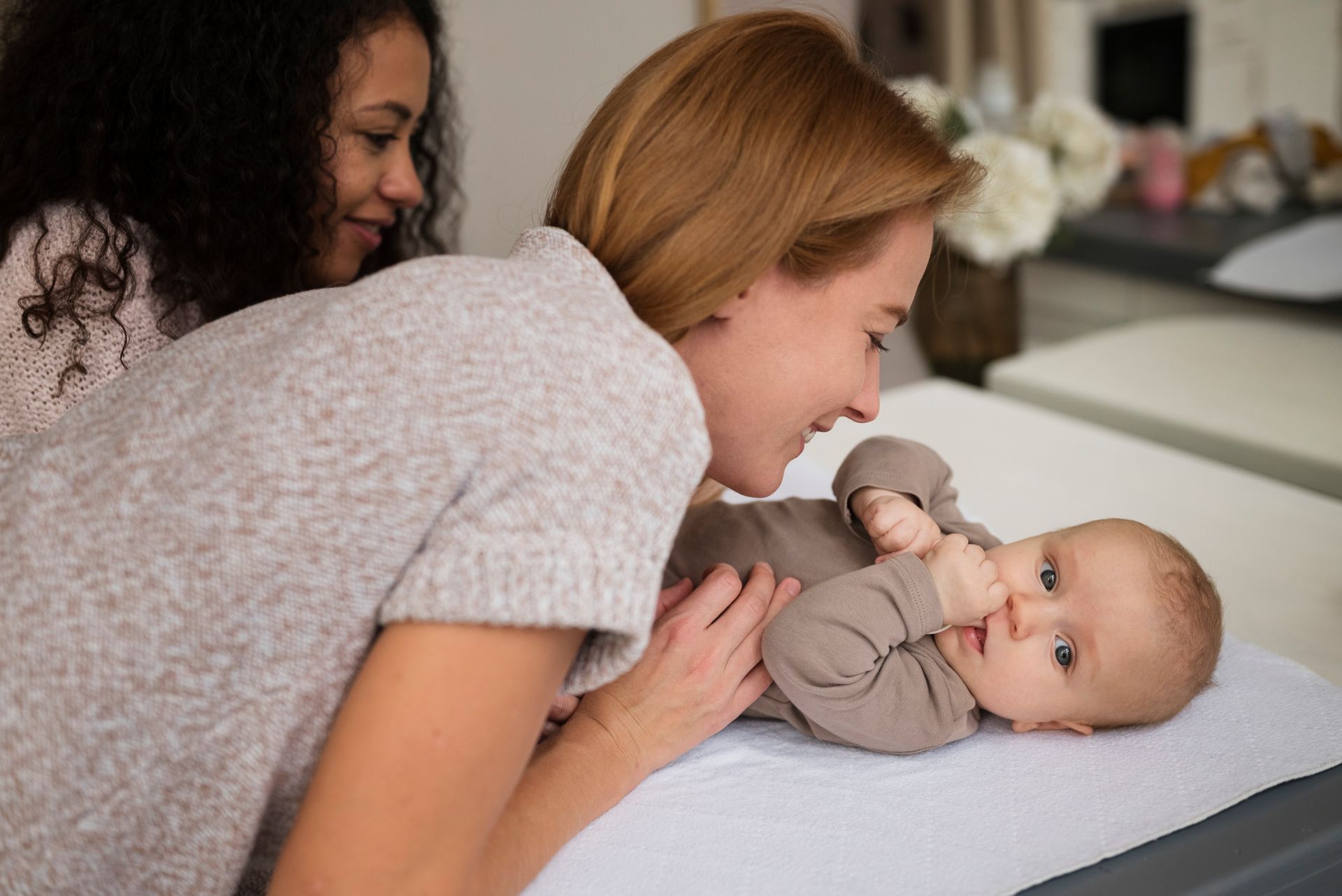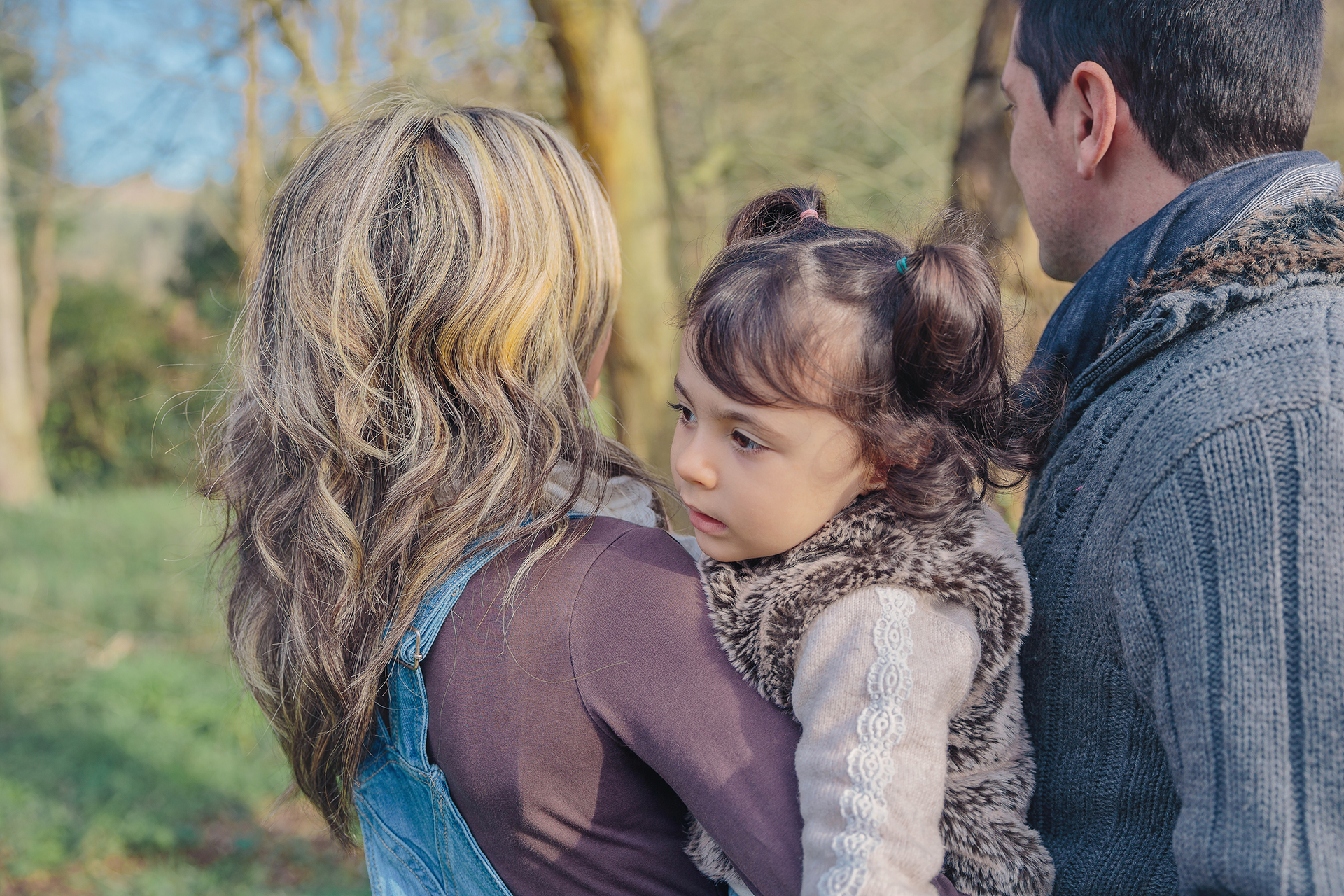When a child enters foster care or adoption, they often bring with them the weight of loss, uncertainty, and past trauma. In the midst of this emotional upheaval, one of the greatest gifts a caregiver can offer is consistency.
This article explores why stability and routine matter so deeply for children in care, and how caregivers can create a calm, predictable environment that fosters trust and healing.
Understanding the Concern
Children who have been placed in foster care or adoption often come from environments marked by chaos, instability, or neglect. Sudden changes whether it's moving homes, changing schools, or shifting caregivers can deepen feelings of fear, anxiety, or distrust.
It's natural for foster or adoptive parents to worry: Am I doing enough to help this child feel safe?How can I make them feel at home?
These concerns are valid and show your heart is in the right place. Understanding how routine and structure support healing can empower you to make intentional choices that promote long-term emotional well-being.
Research consistently shows that stability and routine are crucial for the healthy emotional and cognitive development of children, especially those who have experienced trauma. According to the American Academy of Pediatrics, predictable caregiving environments help reduce cortisol levels (the stress hormone), allowing children to feel calmer and more secure.
Here’s how stability and routine support children in care:
- Sense of Security: Knowing what to expect each day helps children feel safe and reduces anxiety.
- Improved Behavior: Predictable routines can reduce outbursts or testing behaviors by setting clear boundaries.
- Emotional Regulation: Regular sleep, meals, and schedules support mood regulation and emotional resilience.
- Academic and Social Success: Consistency at home sets the stage for better performance and behavior at school.
- Trust Building: Reliable caregivers who keep promises and routines help rebuild a child’s ability to trust adults.
It’s not about rigid schedules, it’s about consistent expectations, daily rhythms, and being a steady presence in the life of a child who may not have had one before.
Expert Insights & Facts
Practical Guidance & Coping Strategies
1. Establish a Daily Routine
Keep meals, bedtimes, and activities on a consistent schedule. Use visual charts or calendars if the child benefits from visual structure.
2. Communicate Changes in Advance
If a change is coming (like a new school or doctor appointment), talk about it beforehand. Walk them through what to expect to minimize anxiety.
3. Be Consistent with Boundaries and Discipline
Fair, age-appropriate discipline should be consistent and calm. Avoid shifting rules or reactions, it creates confusion and insecurity.
4. Create Rituals and Traditions
Weekly movie nights, bedtime stories, or special weekend pancakes can be comforting rituals that provide connection and predictability.
5. Keep Promises
Follow through on your word. If you promise to attend their school play or take them to the park, make it happen. Keeping your word builds deep trust.
6. Prioritize Stability in Placement
Frequent moves or disruptions can retraumatize a child. Do your best to provide a long-term or permanent home, or help them transition gradually if needed.
7. Support School Stability
Whenever possible, avoid school changes or provide ample emotional support during transitions. School can be a safe, structured space for many children.
8. Seek Professional Help if Needed
Therapists who specialize in trauma or attachment can guide you in building routines that are developmentally appropriate and emotionally healing.
Encouragement and Hope
Providing structure doesn’t require perfection. What matters most is your willingness to show up consistently day after day, even when it’s hard.
Many foster and adoptive parents share that once routines are in place, they notice their child beginning to relax, open up, and thrive. Children may test boundaries at first, but they are ultimately comforted by the steady rhythms of daily life.
With patience, support, and love, your home can become the safe haven a child has always needed..
Ready to Learn More or Ask Questions?
CFK is here to guide you through every step of your parenting journey from placement to long-term support.
Call: (330) 928-0044
Contact our team at options@cfkadopt.org to speak with compassionate professionals who understand the unique needs of children in care.
FAQs
Why do routines help children who have experienced trauma?
Routines create predictability, which reduces anxiety and helps children feel in control of their environment.
Is it okay if we don’t follow the same schedule every single day?
Flexibility is fine. What’s important is consistency in expectations and core routines like meals, bedtime, and school preparation.
How can I help an older child adjust to new rules and routines?
Involve them in the process. Ask for their input, explain the “why” behind new rules, and introduce changes gradually.
What if my child resists the structure I’m trying to create?
Resistance is common, especially at first. Stay calm, keep things predictable, and offer reassurance. Over time, most children adapt and even appreciate the routine.
Can stability be created even in temporary placements?
Absolutely. Whether a child is with you for days or years, offering a stable, caring environment can have lasting positive impact.
Why Stability and Routine Matter for Children in Care
Recent Posts













